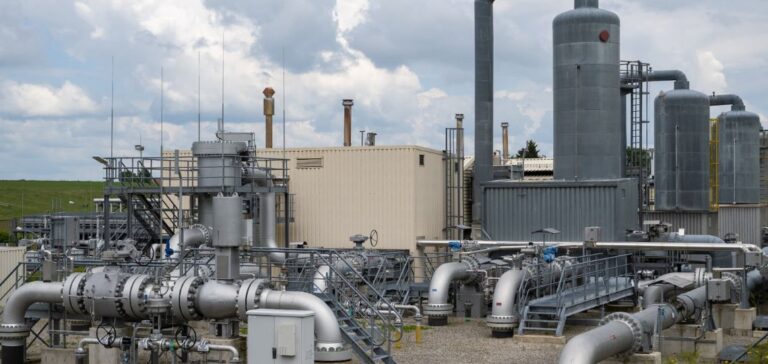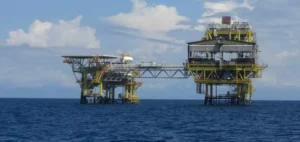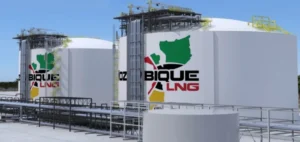German energy company Uniper has won a significant legal victory, securing the right to claim over €13 billion in compensation from Gazprom. This decision, taken by an arbitration tribunal, follows the cessation of Russian gas deliveries after the invasion of Ukraine in 2022.
Background to the award
Uniper, Gazprom’s main German customer, was severely affected by the reduction and then total cessation of gas deliveries via the Nord Stream pipeline. This interruption brought the company to the brink of bankruptcy, necessitating nationalization by the German government. The recent arbitration ruling allows Uniper to claim compensation for the losses it has suffered, although the exact scale of this compensation remains uncertain. The war in Ukraine has radically disrupted the German business model, which was once based on importing cheap Russian gas. The country has had to adapt its energy infrastructure, resulting in significantly higher costs for industrial companies.
Reactions and implications for the industry
Michael Lewis, CEO of Uniper, emphasized that the decision brings much-needed legal clarity to the company. However, he pointed out that it was still too early to estimate the exact amounts that would actually be paid out. The funds obtained by Uniper will be paid back to the German state, given the nationalization of the company. The arbitration award also allows Uniper to terminate its long-term contracts with Gazprom, thus releasing the company from its commitments to the Russian supplier. This decision comes as the company continues to source gas on the spot market, where prices have soared since the summer of 2022.
Outlook for the energy market
The Uniper case is not isolated. Another German energy company, RWE, has also initiated similar proceedings against Gazprom. These legal actions could set important precedents for other European companies affected by disruptions to Russian gas supplies. The arbitration decision underlines the importance of international dispute resolution mechanisms in the current context of geopolitical and economic volatility. For companies in the energy sector, these rulings provide an avenue for obtaining compensation in the event of contract breaches, thereby reinforcing market stability and predictability. The challenges facing the European energy industry remain numerous. Diversification of supply sources and adaptation to new geopolitical realities are essential to ensure long-term resilience and competitiveness.
The decision in favor of Uniper marks a crucial step in the reorganization of Europe’s post-invasion energy landscape. Companies and governments must continue to navigate this new era with caution and strategy, taking into account the financial, legal and geopolitical implications.






















